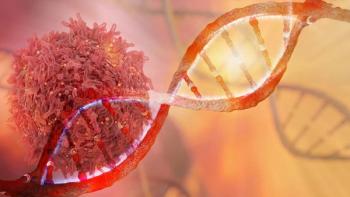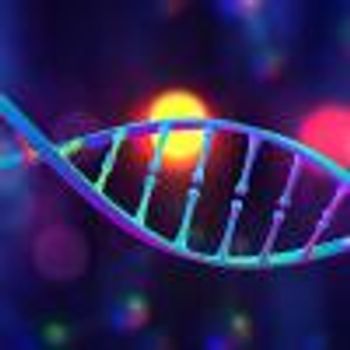
EXaCT-1 Test Accurately Identifies Actionable Mutations
Weill Cornell Medicine’s whole-Exome Cancer Test v1.0 (EXaCT-1) detects 21,000 cancer-driving mutations with better than 95% accuracy.
Weill Cornell Medicine’s whole-Exome Cancer Test v1.0 (EXaCT-1) detects 21,000 cancer-driving mutations with better than 95% accuracy, according to a validation study
The new findings demonstrate that the next-generation genome sequencing test can reliably detect cancer-driving gene mutations and guide precision cancer treatment,
The EXaCT-1 test, which is intended to help select appropriate targeted therapies, was the first whole-exome test approved by New York’s health department for oncology testing. The test involves HaloPlex (Agilent) PCR target enrichment and next-generation sequencing to identify point mutations, copy-number alterations, and indels (insertion and deletion mutations). In addition to mutations associated with specific treatments, the test identifies “potentially relevant” mutations.
“Prospective analysis of 337 cancer cases revealed mutations in clinically-relevant genes in 82% of tumors, demonstrated that ExACT-1 is an accurate and sensitive measure for identifying actionable mutations, with reasonable costs and time, greatly expanding its utility for advanced cancer care,” they reported.
Testing 57 tumor samples, the research team found “complete concordance” in results for formalin-fixed paraffin-embedded and fresh-frozen tumors.
EXaCT-1 might help to evaluate germline mutations, the researchers believe.
A “small number” of exons within the chromosome tips or in repeats and duplicated regions, are not covered by whole-exome sequencing, and it “may be difficult” to report some tumor suppressor genes as unmutated even when mutations are not identified, the researchers cautioned.
Newsletter
Stay up to date on recent advances in the multidisciplinary approach to cancer.



































